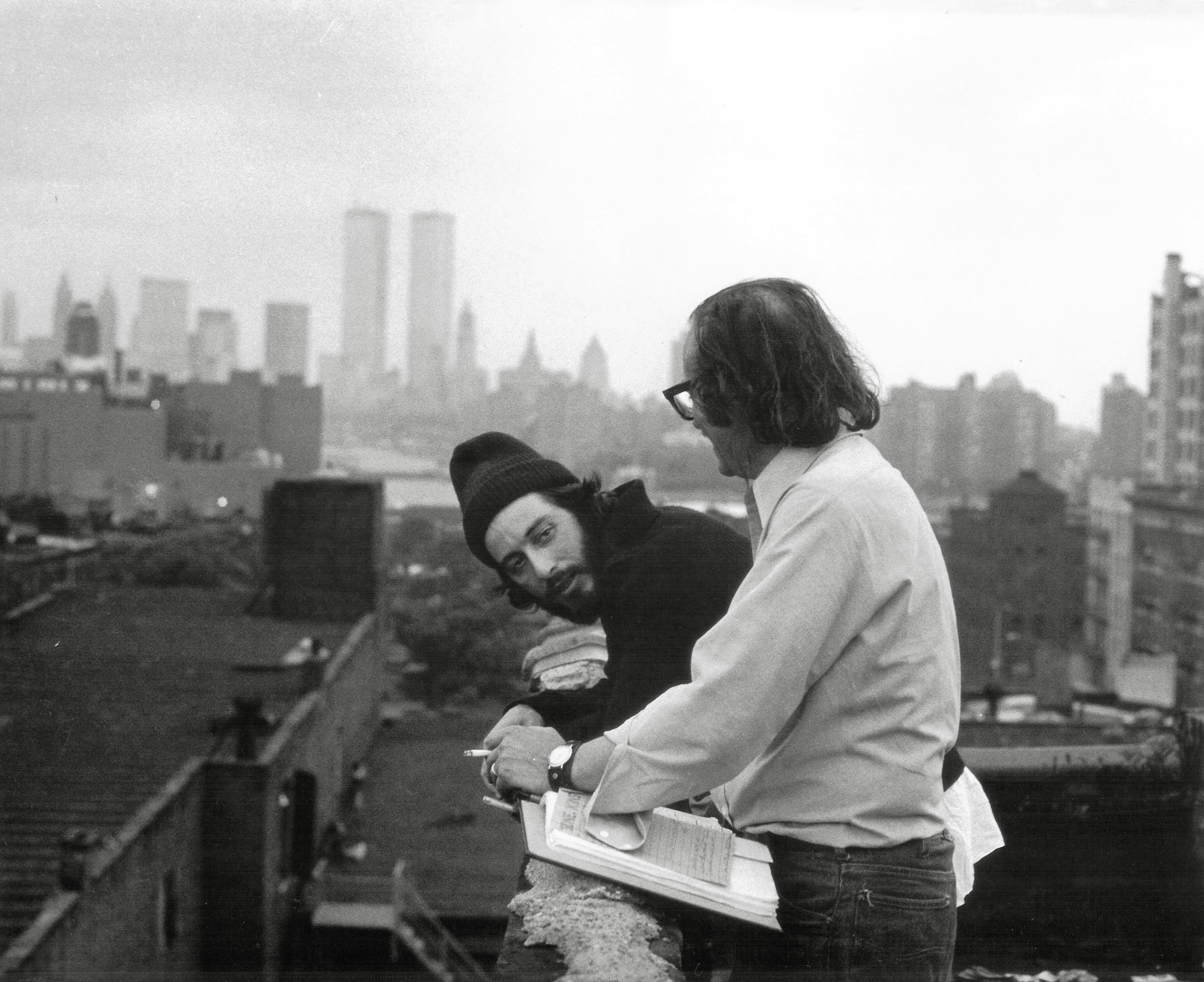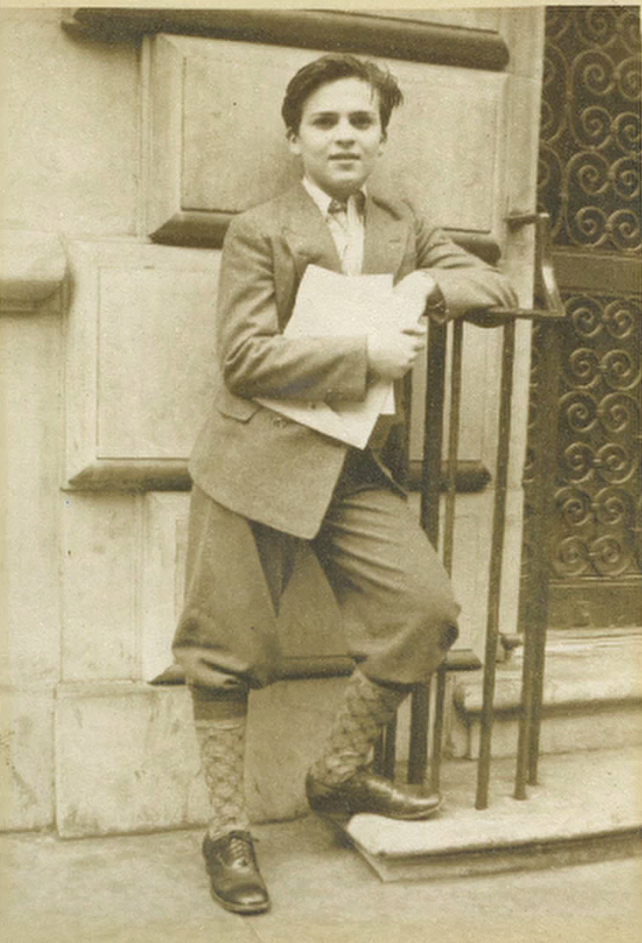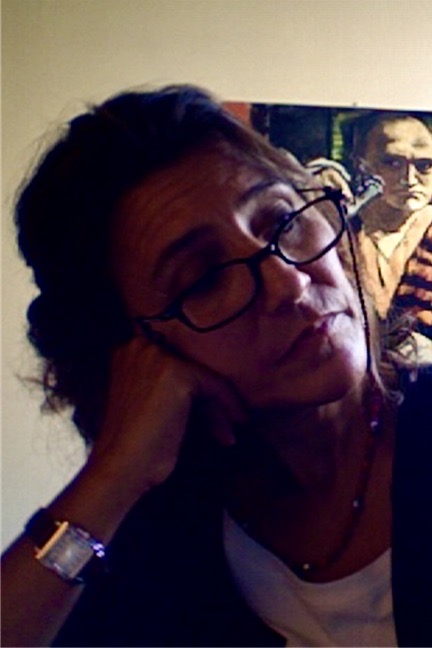
BY GABE HERMAN | A new biography of filmmaker Sidney Lumet traces his life from childhood years on the Lower East Side to becoming a legendary director who often filmed in New York.
“Sidney Lumet: A Life” (St. Martin’s Press) comes out on December 10, and was written by Maura Spiegel, a native New Yorker who has taught film and literature at Columbia University for over 20 years.
Spiegel was first drawn to writing about Lumet (1924-2011) based on the greatness of his films — some of his classics include “Network,” “Serpico,” “12 Angry Men,” “Dog Day Afternoon,” and “The Verdict.” But she felt a connection to his work that she would discover was based on similar backgrounds.
“I just always really felt that I knew these movies,” Spiegel said in a recent interview. “I had no idea why until I dove into the research.”

Spiegel grew up on the Lower East Side, where Lumet spent some of his childhood, and she discovered other commonalities, including Polish family roots, growing up with customs of immigrant relatives, identifying with oppressed people, and exposure to Yiddish, which was Sidney’s first language.
“It was this almost uncanny experience of the films, that they seemed completely lucid to me, as if someone in my family was telling the story,” said Spiegel.
Finding similarities in her background gave her confidence to tell Lumet’s story, she said, including learning of his poor childhood rather than thinking of him as rich and famous. “I felt, Oh, I grew up in a world with people of his generation from that background.”
Lumet started his career as a child actor in the Yiddish theater. He supported his family from a young age and made his Broadway debut at age 11.

Lumet would later joke that he got his bad taste from the Yiddish theater, Spiegel said, where they did wild things like perform Shakespeare and Sinclair Lewis in Yiddish, address political issues and a put on a wide range of other performances.
“This feeling of fearlessness, trying a million different things, how adventurous Yiddish theater was in its day,” Spiegel said. “He grew up so much in the world of acting and performance and putting on a show. That was just what he did.”
Those who knew Lumet said he never changed throughout his life, Spiegel noted, from his early days on the Lower East Side and moving around the city, and up and down the class scale. Spiegel said he could make movies about poor people, while also marrying Gloria Vanderbilt. “He really did know the world of poverty and art makers and what it was like to be in the more elect society. He had all those parts of him,” Spiegel said.

Lumet is considered a great filmmaker who shot classic New York movies, but is perhaps less associated with the city than Spike Lee, Woody Allen or Martin Scorsese. “I think part of it is he didn’t develop a signature style,” Spiegel said. “Sidney really liked changing it up, he valued that and worried about getting stuck.”
Spiegel noted, “I also think, for whatever reason, he didn’t make a personality of himself.”
Lumet never acted in his own movies. “He didn’t love being exposed, he didn’t take to that,” said Spiegel, who added that his knowledge of the vulnerability of acting made him sensitive to his actors, which they loved.
Lumet would say that great acting is self-exposure. “He did everything he could to make it as comfortable for actors to do that as possible,” Spiegel said, “and the results were quite striking.”
The director said he wanted to be remembered as unafraid to try things, Spiegel noted. “His greatest movies to me are New York stories, and remarkable portraits of New York characters,” she said.
Spiegel said the common themes of many Lumet movies, about ethical and moral conflicts in life and work, continue to resonate. “He was interested in how people struggle for some kind of integrity in their lives,” she said “and most of us are struggling with it.”

















